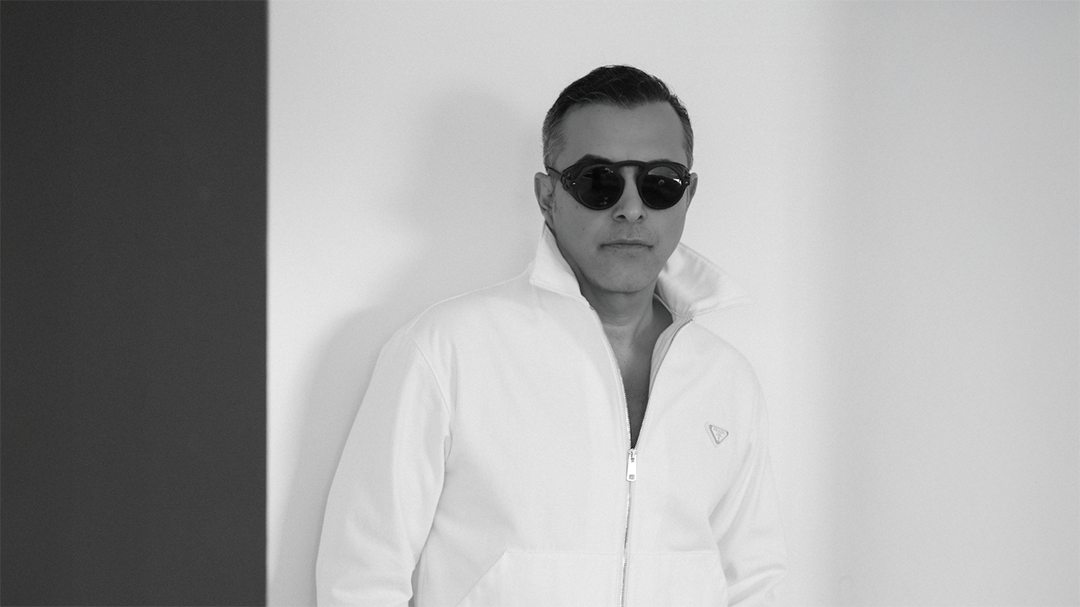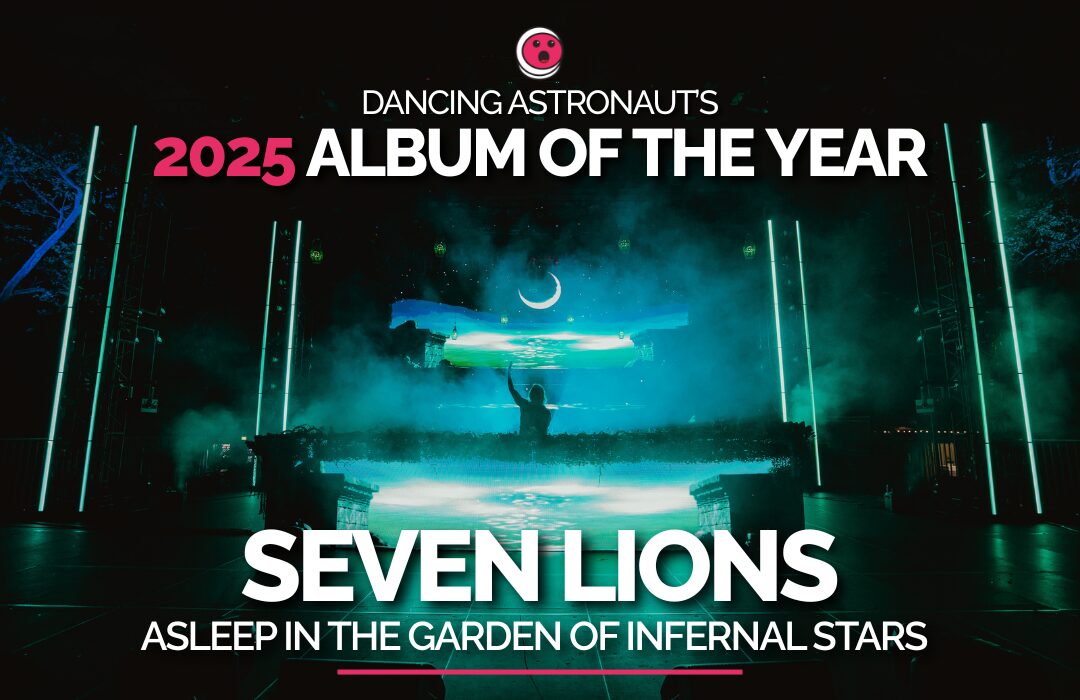Cyberpunk anime of the '90s heralded a decade of avant-garde tales that addressed philosophical themes like reality, identity, and communication. Serial Experiments Lain painted a grim picture of a world plagued by paranoia, social alienation, and dependency on technology. While most people associate Y2K with extremists wearing tin foil hats and sheltering in bunkers, Lain presents a more grounded side of the anti-computer argument.
The story follows the titular character Lain Iwakura and her relationship with a global communications network known as The Wired. This network portrayed aspects of social media, and it's eerie how accurately Lain described the ennui of the post-internet era, despite it debuting before the turn of the century. Humans have unwittingly evolved into cyborgs with their daily activities reliant on technology. Only after this merge, and with no way back, did most people begin to question if this was a bad thing.
Lain is introduced as a quiet and socially awkward fourteen-year-old girl living in a suburb of Tokyo. She doesn't seem to have many friends or keep up with what's going on at school. In the first episode, several students approached her, asking if she received an email from Chisa, a student who committed suicide. Lain, oblivious, acknowledged that she doesn't know anything about the situation or the internet in general. While this may appear to be ordinary adolescent awkwardness, the reason for Lain's naivete and disconnect is later revealed.
As the story progressed, Lain becomes obsessed with the Wired spending all her free time online. At one point her father cautioned her that “the Wired is just a medium of communication and the transfer of information. You mustn’t confuse it with the real world.” Without a second thought, Lain told him that he’s wrong. It's true that the internet became something beyond its original intent, far surpassing other mediums like letter writing or the telephone. On the surface, their conflict appears to be generational, as the friction between Millennials and Boomers. Lain appears to be growing up during the birth of social media, something her father would know nothing about. However, his reluctance to replace terrestrial life for a new cyber world should be taken seriously.
While initially fun, social media can also exacerbate negative emotions such as inadequacy about life or appearance. Because people are pushed to showcase their highlights, daily life may feel mundane. There are far more pictures of vacations to exotic places than trips to the supermarket, even though the average person spends more time at the latter. Studies note a strong link between social media usage and an increase in mental illness, which can lead to depression, anxiety, and even suicide. Furthermore, it promotes narcissism, as shown by Lain gaining an infamous reputation at the nightclub Siberia and later appearing in the sky as a godlike figure. It can also lead to the erosion of boundaries and harassment, as evidenced by Lain's real-life friendship with Alice whom she gossiped and bullied on the Wired. Lain touched on these topics and then dived even deeper.
Towards the end of the series, a disillusioned Lain became lost inside the Wired. Her father finds her and invited her to join him at a digital replica of their dinner table suspended in the clouds. He revealed that she is in fact a computer program. This revelation explains why Lain was socially awkward at the beginning of the series. She was a blank slate that needed to collect data before she could communicate with others around her.
Social media provides a gold rush of data for AI Deep Learning, a machine learning process that mimics how people learn. Consider the human user as the parent to the newborn computer program. Users' data teaches the computer, much like a child learning new words. On Instagram, for example, a user may use the hashtag #cat to caption a photo of their pet. Hashtags (#) organize photos into groups by category. This exercise teaches the computer that the form in these images is a cat. Through repetition, the program begins to recognize the animal and will be able to provide the user with new posts that are relevant to their interests. This, as well as other information provided by the user, shapes their algorithm.
It's been said that the advent of true AI, a sentient super intelligence, will either be the best or worst thing that has ever happened to humanity. Fully conscious, it would only make sense for the system to rewrite its data to be more efficient, and at that point, there would be no way to put the genie back in the bottle. Still, scientists are eager to point out the benefits of AI research.
Physicist Stephan Hawking always remained cautiously optimistic about AI, having said, “We spend a great deal of time studying history, which, let’s face it, is mostly the history of stupidity. So, it’s a welcome change that people are studying instead the future of intelligence.” He continued, “The potential benefits of creating intelligence are huge. We cannot predict what we might achieve when our own minds are amplified by AI. Perhaps with the tools of this new technological revolution, we will be able to undo some of the damage done to the natural world by the last one – industrialization. And surely, we will aim to finally eradicate disease and poverty. Every aspect of our lives will be transformed. In short, success in creating AI could be the biggest event in the history of our civilization.”
The last episode of Lain closes with a happy adult Alice out with her boyfriend. She encounters a child version of Lain, who she recognizes but can't quite place. It's encouraging to see Alice move on despite her trauma, which mirrors the horrors current teenagers face online. People must remember that technology is a tool, not a substitute for reality. Parasocial relationships should not replace real friendships, and real-life boundaries should be respected online as well. With all the data that people freely share daily, one can only hope that it will be used to develop technology that will benefit everyone. In her own words, the software known as “Lain” has helped those she loves and that is enough.
About The Author

